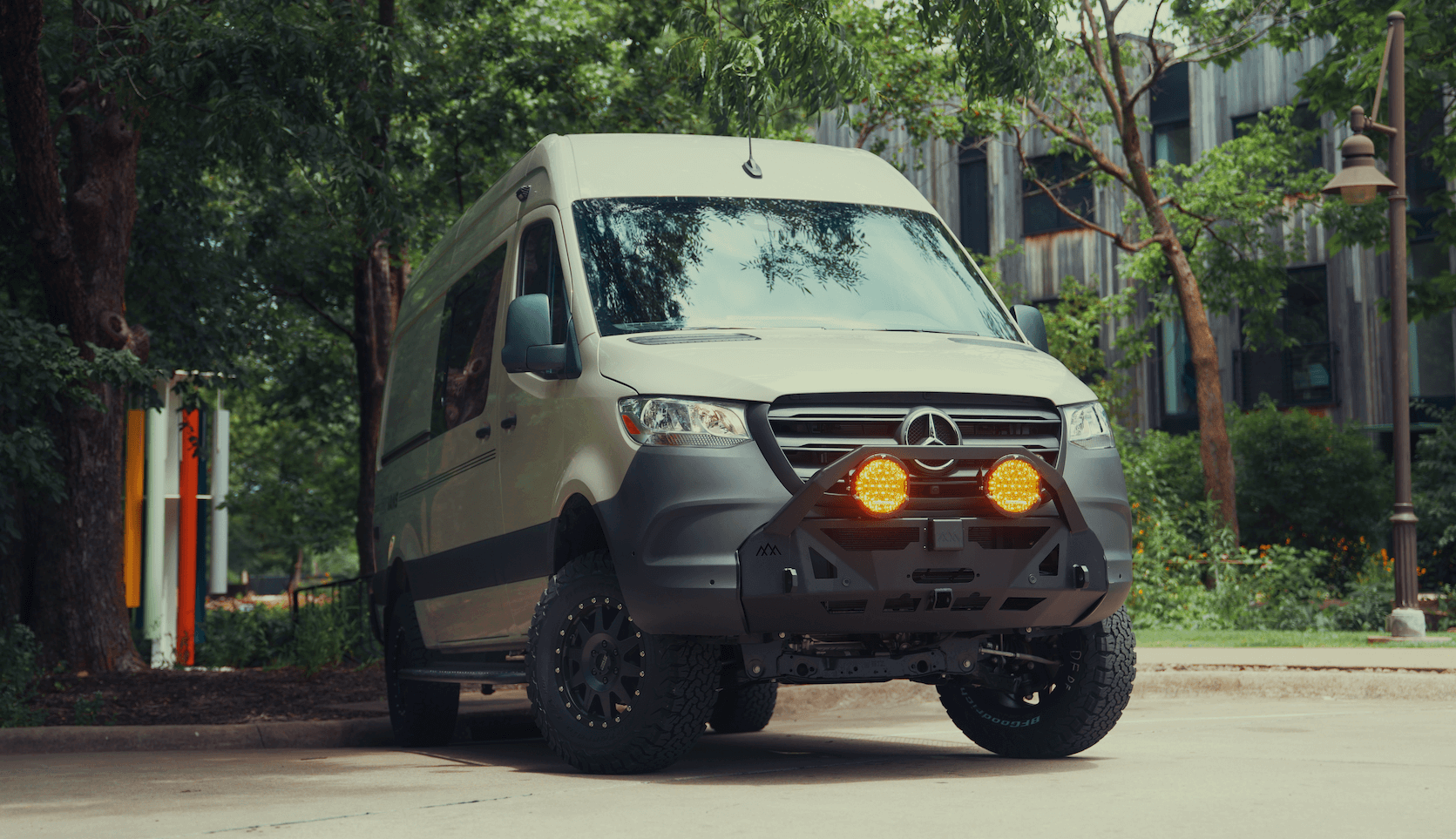Recreational Vans

There is no single rule that covers composting toilets nationwide. Instead, states adopt their own plumbing and health codes, then counties and cities layer on permits and enforcement. Many jurisdictions allow waterless systems if they meet performance criteria and are installed correctly. Others require a conventional connection to sewer or septic whenever it is available, with composting toilets allowed only as a secondary fixture. Mobile use in RVs and vans follows a different framework than permanent dwellings.
When officials evaluate waterless toilets, they often look for third party performance testing such as NSF ANSI 41. That standard checks odor control, reduction of waste volume, and sanitary handling. While a certification is not a universal pass, it helps demonstrate that a unit treats material rather than simply storing it. Some areas also specify venting, liquids separation, and access for maintenance as part of their approval.
Rules for a van or RV can differ from a cabin or tiny house on a foundation. Many states accept contained toilets in RVs as long as storage and disposal follow sanitation guidelines. Campgrounds or parks may set their own policies that limit where and how you can empty containers. For fixed homes, inspectors typically review the toilet as part of a plumbing permit and may still require an approved septic system if a sewer is not nearby.
Legal use does not end at the seat. You must handle end products the right way. Most places prohibit dumping liquids or solids on the ground and treat it as a public health hazard. Disposal commonly requires sealing and placing solids in the trash only where rules allow it, or using approved facilities. Gray water has its own rules and cannot be mixed with storm drains or open ditches unless a code explicitly allows engineered dispersal.
Local ordinances can be strict in dense neighborhoods. Some cities require a connection to public sewer if it is in the street, which can block the use of a waterless toilet as the sole fixture. Multi unit buildings often have tighter plumbing requirements. In rural counties, officials may permit a composting toilet but still require a septic system for gray water. Landlords, HOAs, and short term rental rules can add non governmental limits, even when health codes allow a unit. On boats, federal marine sanitation rules apply and usually require an approved device with no overboard discharge.
Cold climates can affect biological activity and may require electric heat or a design rated for low temperatures. Some inspectors will ask for the manufacturer’s stated operating range and maintenance schedule to verify performance across seasons.
A little homework goes a long way. Start with the state health code, then call your county environmental health office for specific guidance. Ask which standards they recognize and whether they allow a waterless toilet as a primary fixture. For an RV or van, confirm park rules, event policies, and any special waste handling requirements before you arrive.
For travelers, practical compliance matters daily. Quiet fans, leak resistant containers, and simple service routines reduce risk and stress. If you switch climates or elevations, give the system time to stabilize and follow the care guide closely. When in doubt, treat every drop as regulated waste until you confirm local guidance.
You want freedom without headaches. Our team designs complete adventure vans with ventilation, power, water, and sanitary systems configured for real travel demands. We help you plan for parks, events, and cross state trips by prioritizing safe storage, service access, and clean routing. Explore our recreational vans, see what is possible with a custom build van, or review flexible platforms in mainstream vans. Based in Fayetteville Arkansas, we welcome clients from across the country and hand off each build with a clear walkthrough so you feel ready for the road.
At pickup you can settle in, learn your systems, and dial in your rig before your first night out. If you plan to travel with a waterless toilet, we will engineer the surrounding systems and storage to support compliance, cleanliness, and day to day comfort. Tell us how you roam and we will build for it.
Ready to build a road ready van with a sanitary setup that aligns with local rules? OZK Customs designs and installs complete adventure van systems, including ventilation, power, water, and compliant toilet solutions. Tell us how you travel and we will engineer a build that fits the regulations you face from city to trailhead. Start your custom plan today.
ADDRESS:
6159 E Huntsville Rd, Fayetteville, AR 72701
PHONE:
(479) 326-9200
EMAIL:
info@ozkvans.com